Organic viticulture has seen some astonishing growth. Today almost 10% of world wine production is estimated to be organic.
A year like 2016 with very difficult weather conditions in many parts of Europe, that still accounts for the majority of the world’s wine, the growth in organics will no doubt be dampened. Bad weather is the biggest challenge to organic wine production.
And indeed, some producers challenge the concept of organic wine production and instead favour other viticultural practices, that they consider to be even better for the environment.
So what are the prospects for organic wine production to continue growing?
Read Britt’s article on organic wines in her latest article on Forbes: Is Organic Viticulture [on a Large Scale] Really Possible?
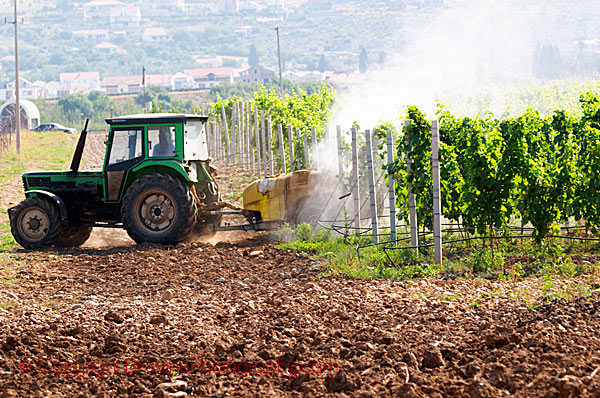
Here’s the introduction:
Of course it is possible. A number of organic wine producers around the world are the proof. But so far there are not so many of them. To be more precise, around 8 percent of the vineyard surface in Europe is certified organic, a little less worldwide. So the question should instead be: Is organic viticulture possible on a larger scale? A difficult year like 2016 this is a question asked by many in France. Can you really manage your vineyard without spraying with conventional products?
When we talk about conventional products we mean synthetic chemical products. These can be systemic or penetrative and they cannot be used by organic producers. Copper and sulphur, on the other hand, are allowed in organic viticulture. These products act by contact only.
After a rainy and cold spring and beginning of summer the downy mildew attacks have been extremely difficult in Bordeaux and other regions in France and in Europe. Downy mildew is a fungal disease and can to some extent be fought by spraying with copper, which is what organic producers do. But, say many wine producers in Bordeaux, if the attacks are severe, the conventional products are more efficient.
Read Britt’s full article on BKWine on Forbes.
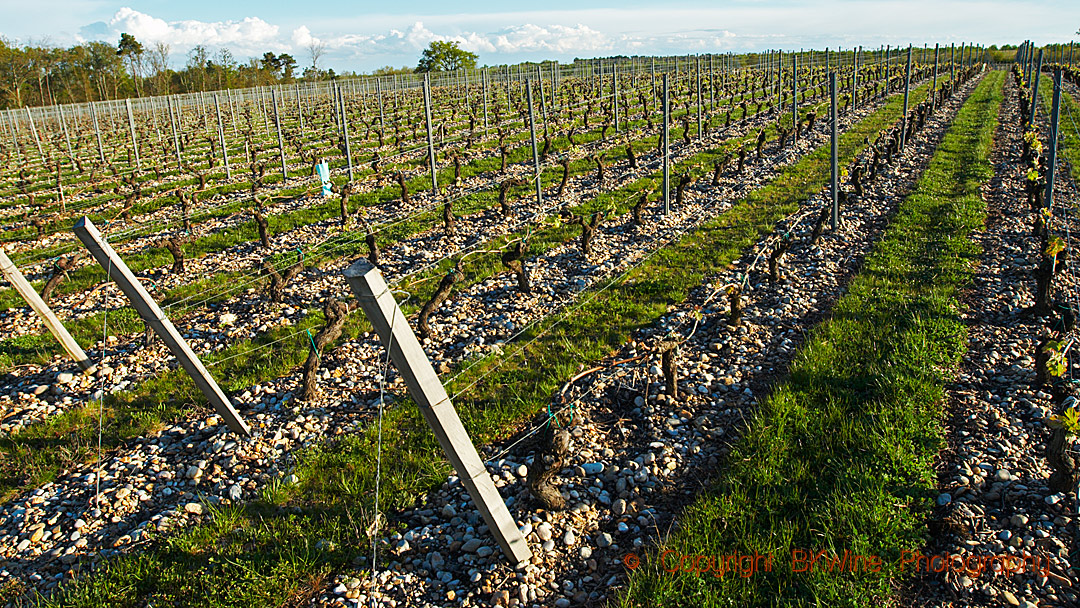



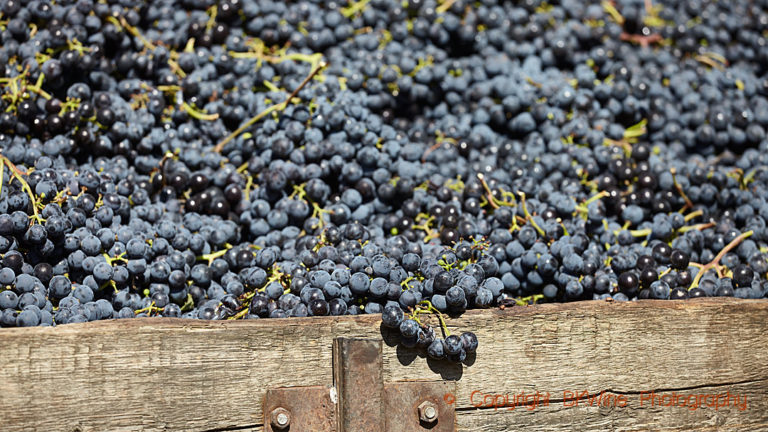
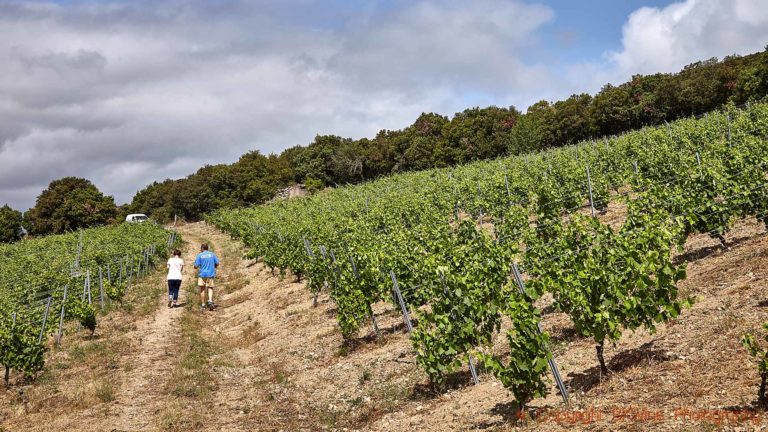
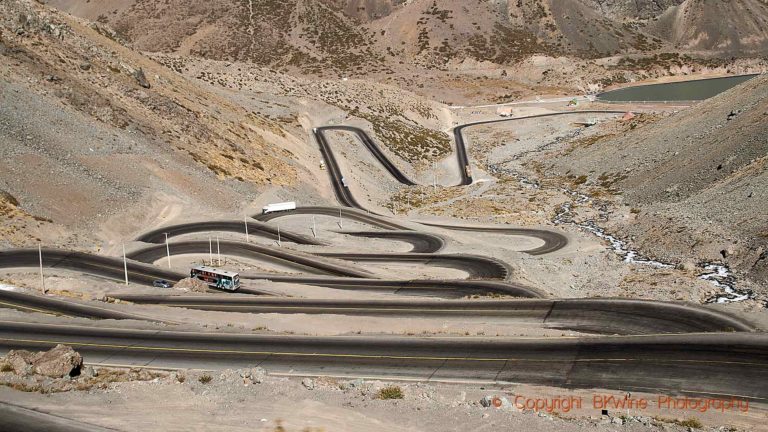




2 Responses
Hello Britt,
I think that it is possible to work in an organic way in viticulture all over the world! But there is a lot of risk – it depends on the area – where the vineyard is located!
In my region for example, I have to very careful because of diseases.. (downy mildew, mildew)
Btw.: the vineyard picture below the article doesn’t look like it’s an organic one..
best,
Gottfried
Gottfried,
Yes, different regions have different challenges. Some have really big challenges. We’ve seen that this year.
On the picture – clearly you are right. It is an ‘old fashioned’ Bordeaux vineyard probably treated with herbicides under the rows, although it can possibly be done with an “intercep” plough.
-Per